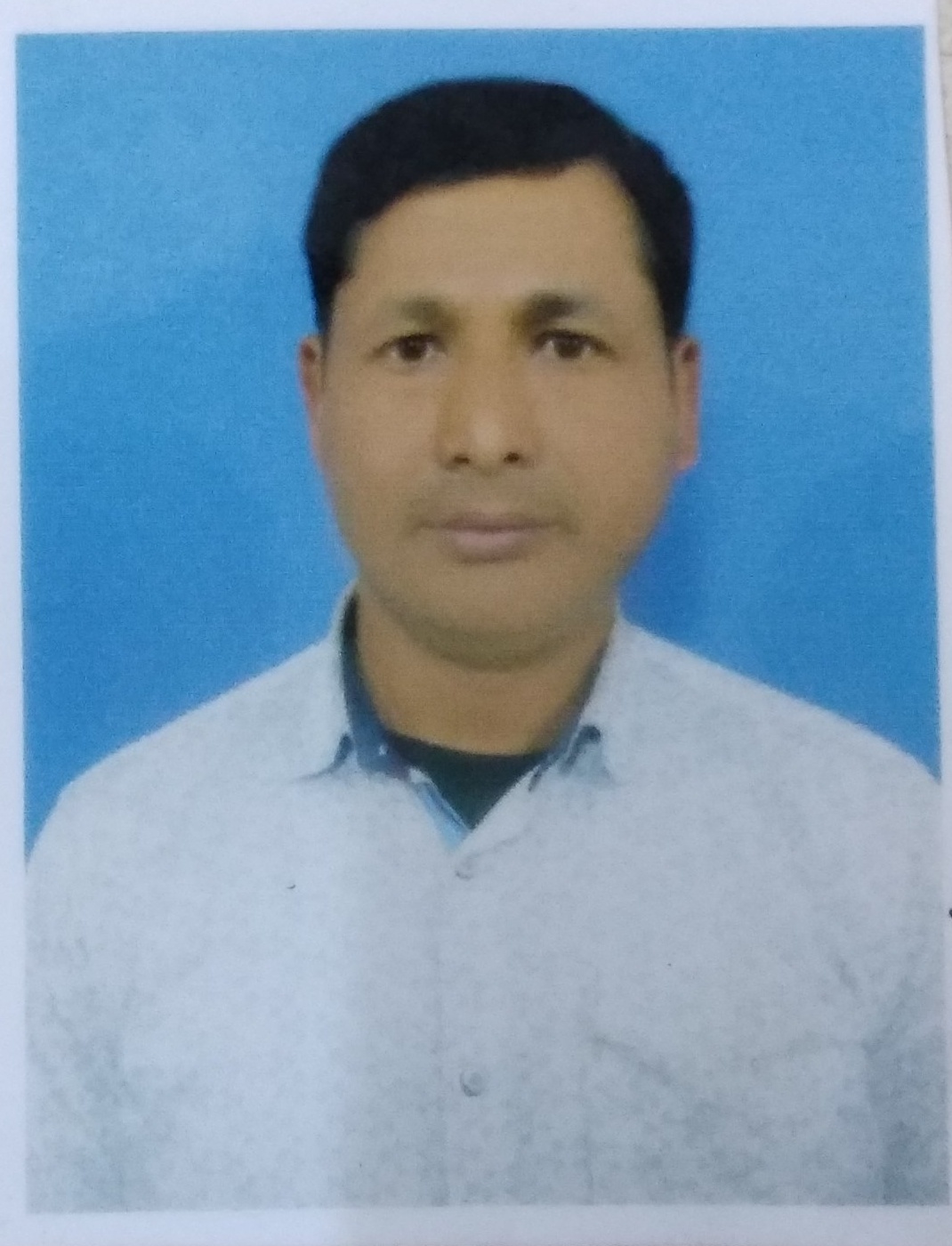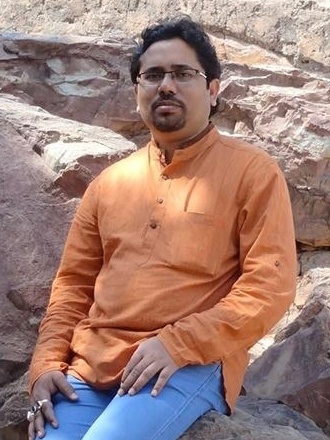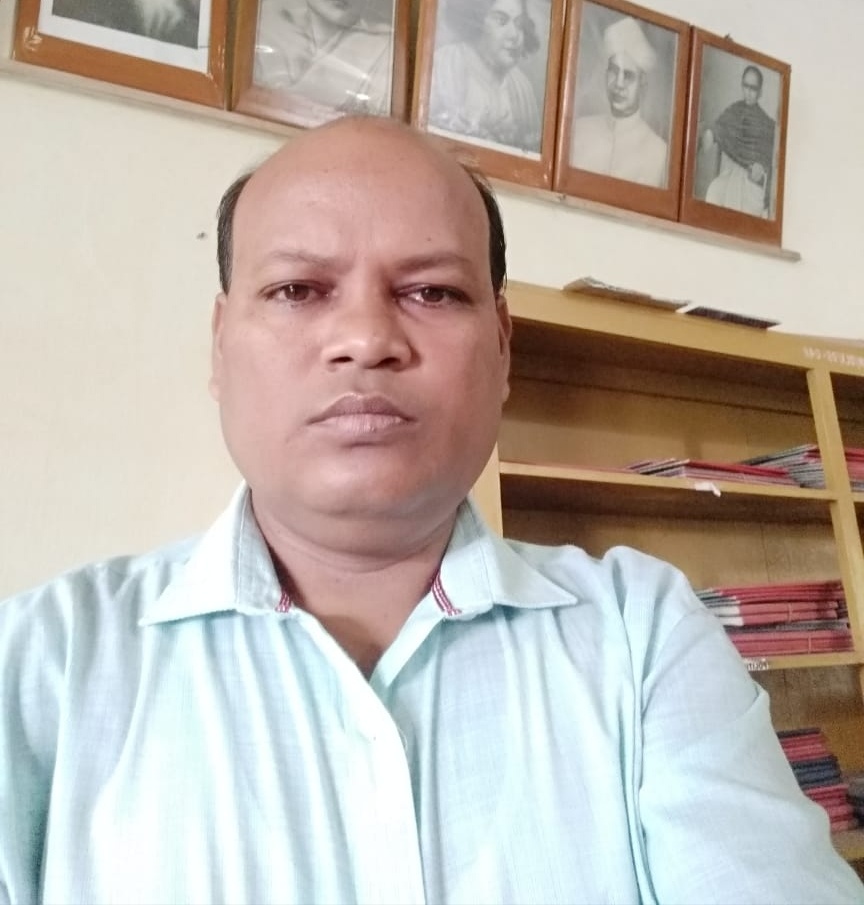
8768554868 (12PM TO 4PM) | shreeagrasenmahavidyalaya@gmail.com
8768554868 (12PM TO 4PM) | shreeagrasenmahavidyalaya@gmail.com
Department of Bengali
About the Department:
The Bengali Department started from the time of establishment of the college (1995). Elective Bengali was introduced with the inception but honours started in 2003. CBCS was launched in 2019 following UGC guideline. At present Honours, Generic Elective, Language Course (LC) and Ability Enhancement Course (AEC) are taught across different semesters. Two courses of the Bengali department are taught as interdisciplinary courses – Language Course (LC) and Ability Enhancement Course (AEC).
Departmental Programme:
Library:
The college has a central library. The number of Bengali books in the library is about five thousand. Various magazines are regularly collected in the library. A book bank has also been developed in the department for the convenience of students. A PDF book bank has also been created for the department. These PDF books are regularly posted in the students Whats-App group.
Students Enlistment
Programme Specific Outcome:

Assistant Professor
View Profile
Associate Professor and HOD
View Profile
Assistant Professor
View Profile
State Aided College Teacher (SACT)
View ProfileBengali
Bengali